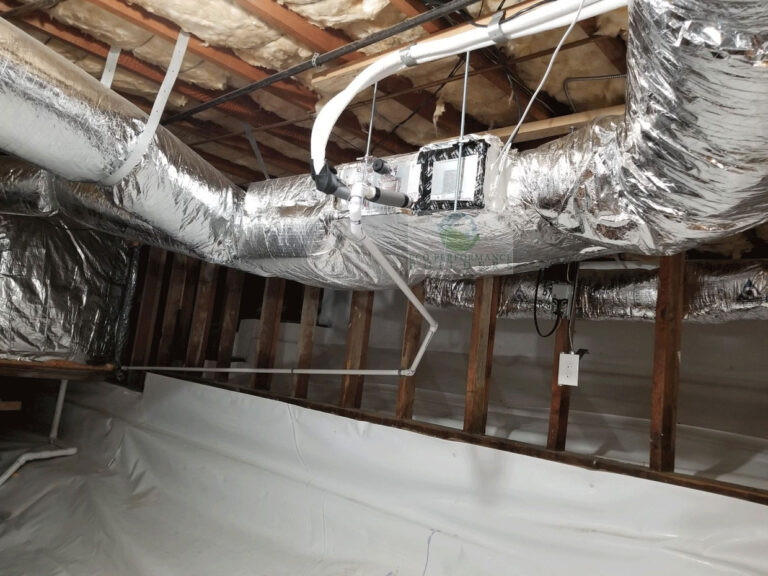
Who Makes the Best Heat Pump?
Who makes the best heat pump to install in your home? Good question. The correct answer is, it depends. We’ve installed hundreds of heat pumps
Home heating, cooling, and air quality.
Home » Blog

Who makes the best heat pump to install in your home? Good question. The correct answer is, it depends. We’ve installed hundreds of heat pumps

We were honored to do two presentations at the Dry Climate Forum in Yosemite a few weeks ago. We shared our data on all electric
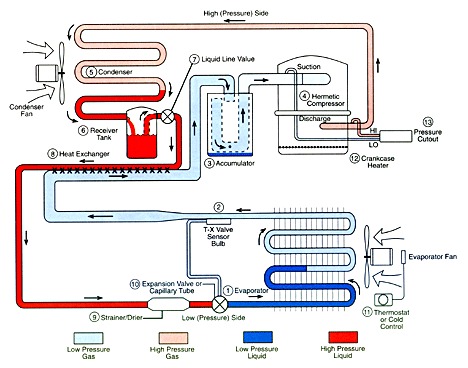
What is a Heat Pump? You may have seen the term on various devices including the indoors part of your central air conditioning system, near
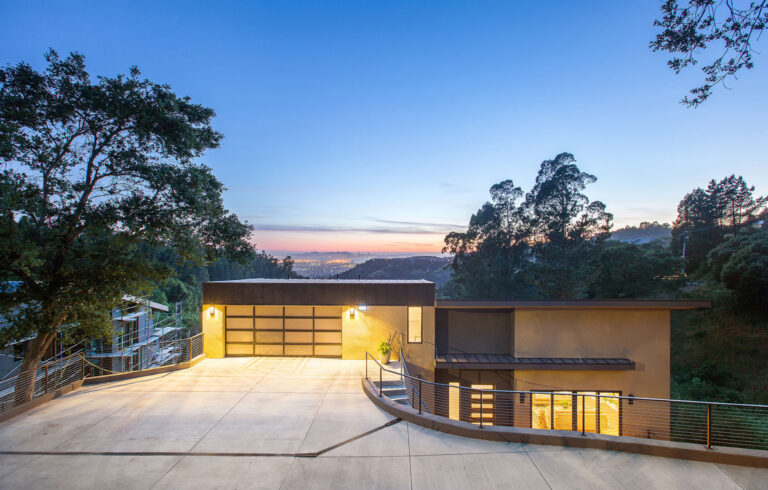
Zero Energy Bill? That’s right! We are so confident in our new home build in the Oakland Hills that we are guaranteeing zero energy bills.
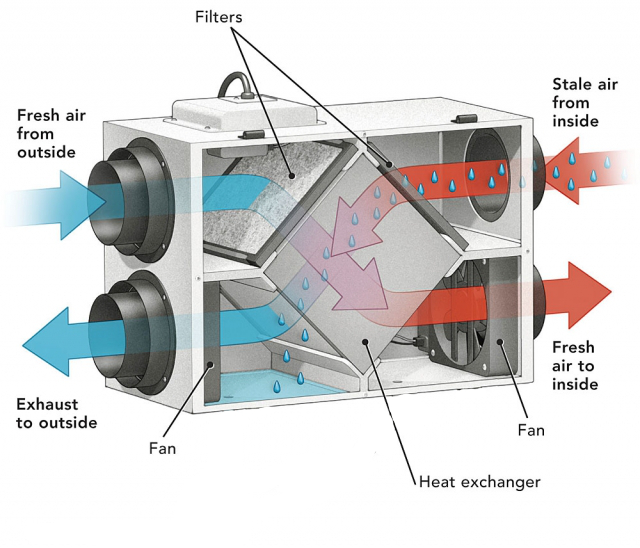
Facts about air quality that may surprise you In general, indoor air quality is worse than outdoor air quality Ambient air pollution is related to 130,000 deaths
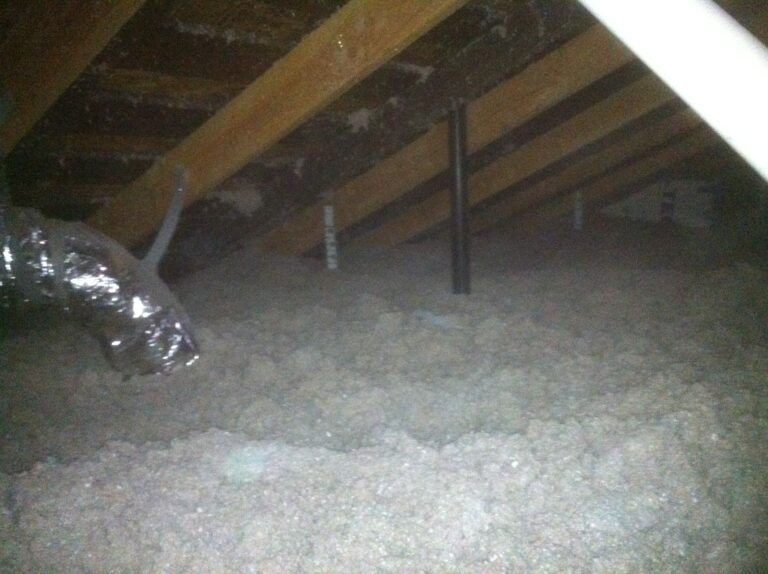
1. Attic Insulation & Air Sealing If you have old or non-existent attic insulation, this will be your most cost-effective upgrade for winter. Why? Hot
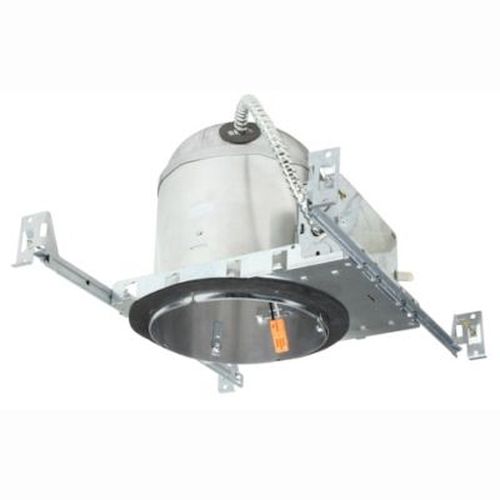
It pays to be smart about home upgrades. If you’re getting hot and you think it’s because you need a bigger AC – well, that
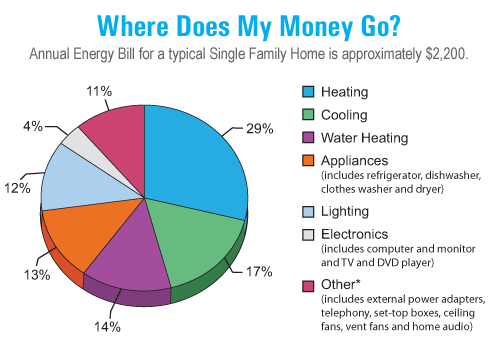
Short answer: If you own a home, then yes, you should get an energy audit. Longer answer: Let me ask you a few questions. Is your home
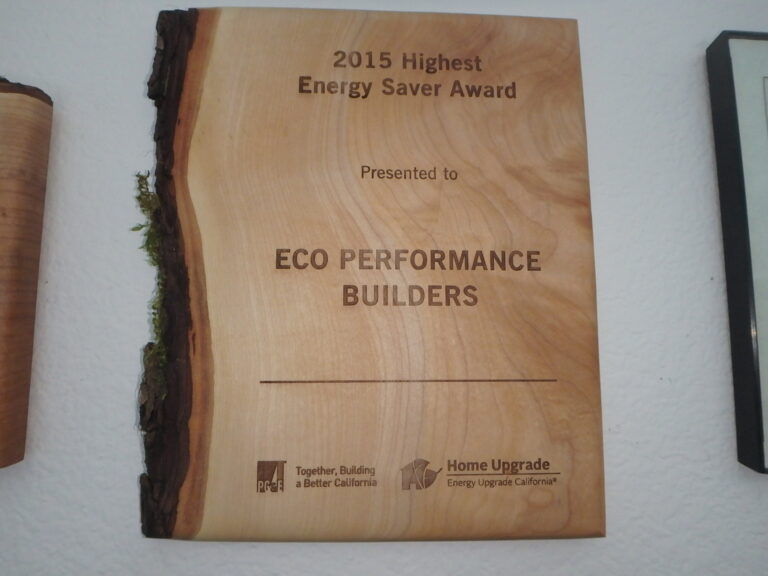
We at Eco Performance Builders are proud to announce that we have won the 2015 Highest Energy Saver Award! This award, granted by PG&E’s Home Upgrade program,